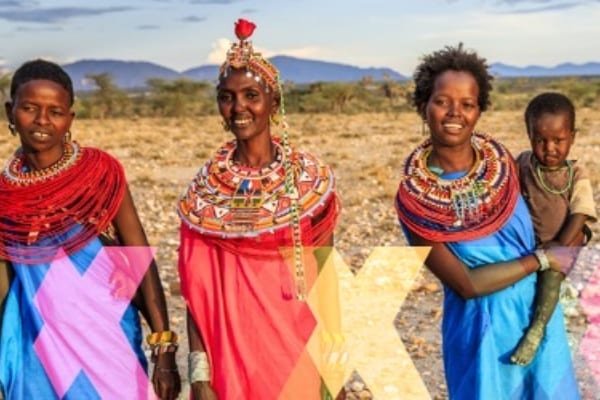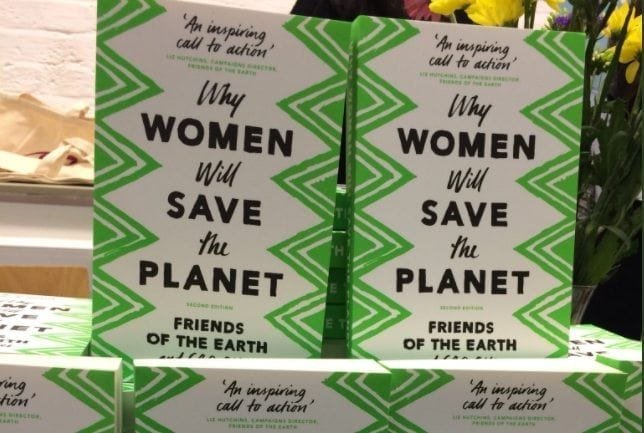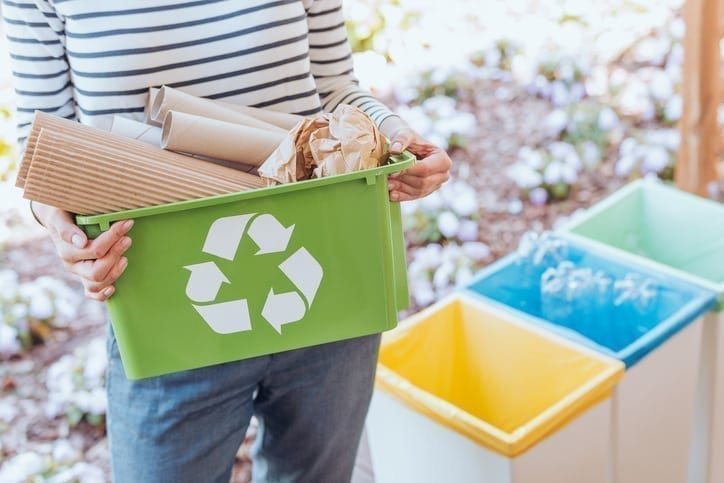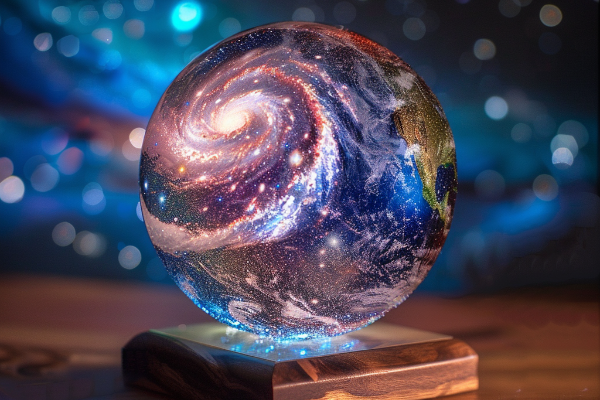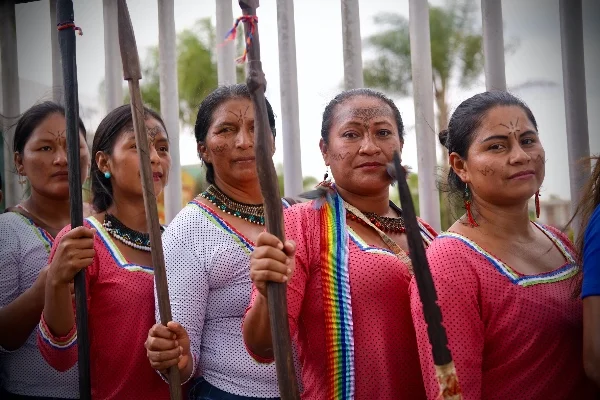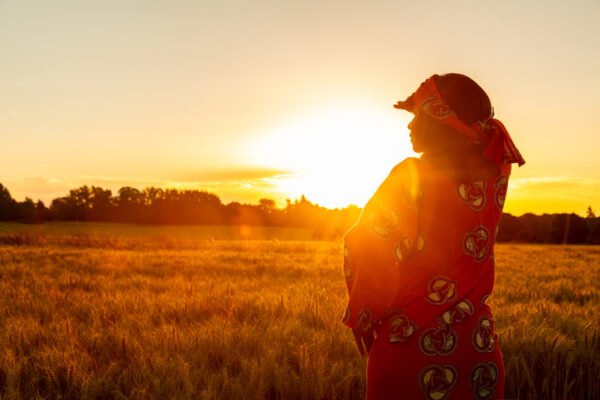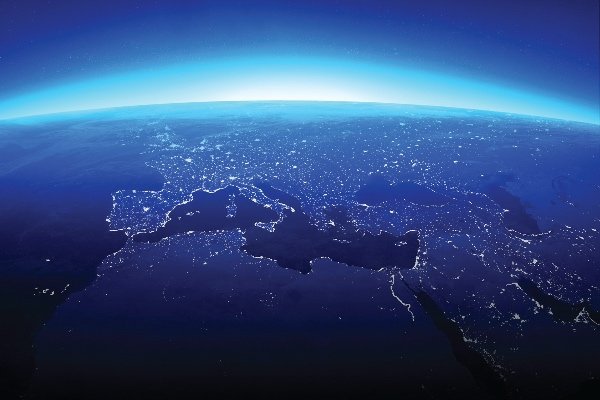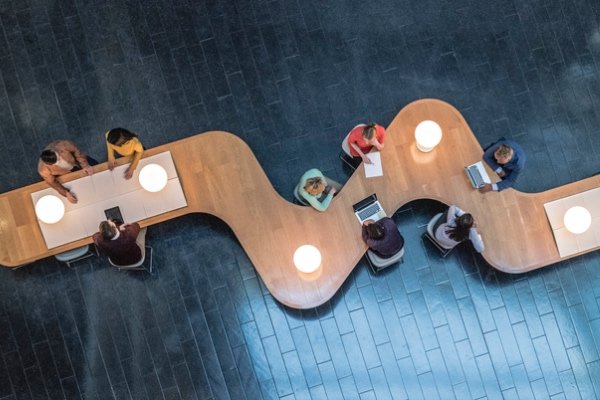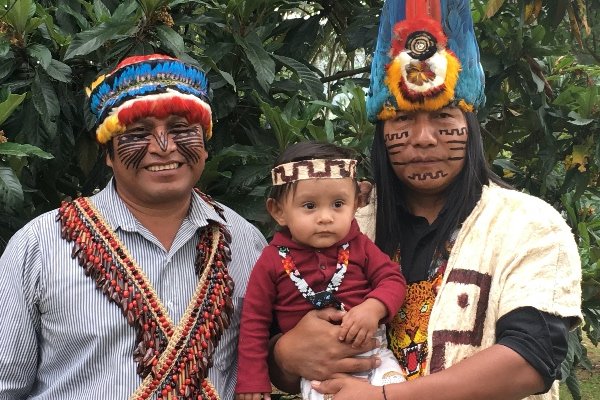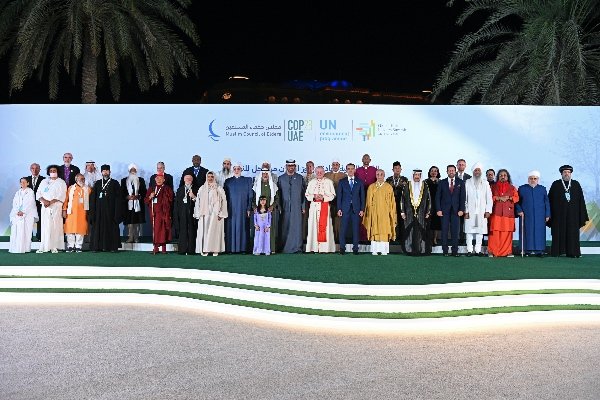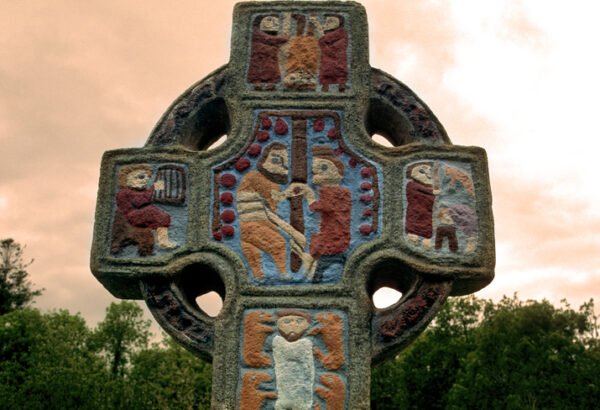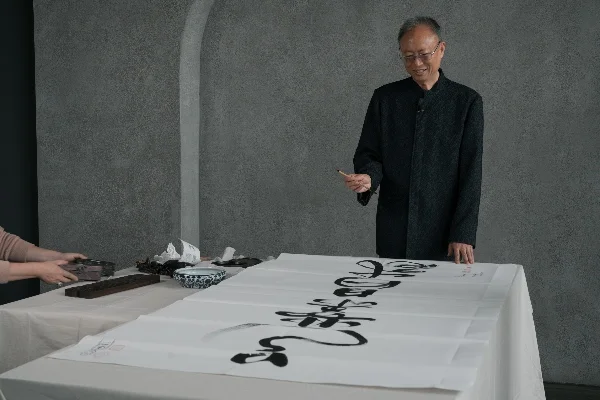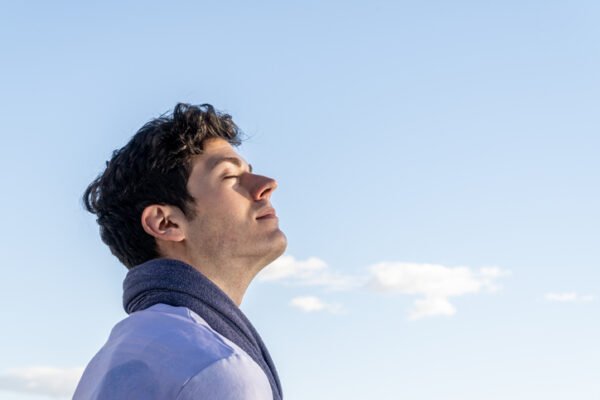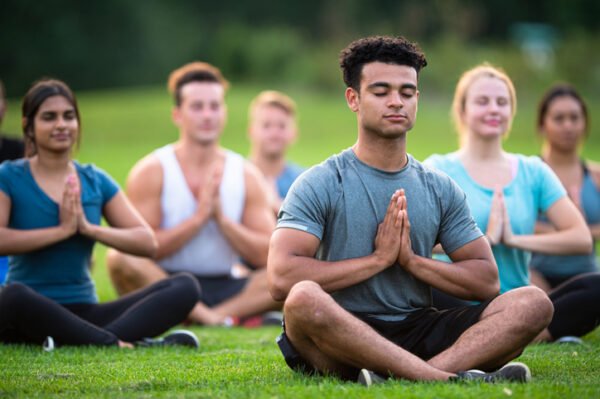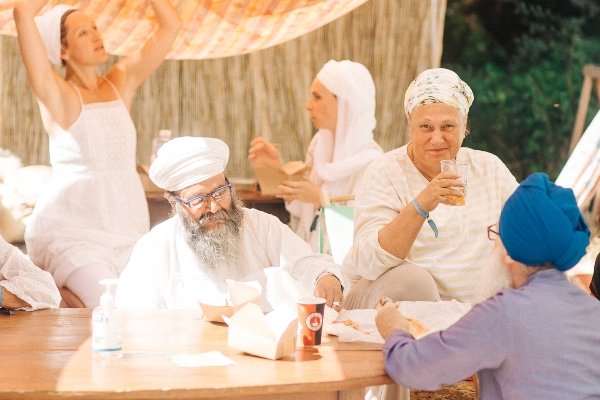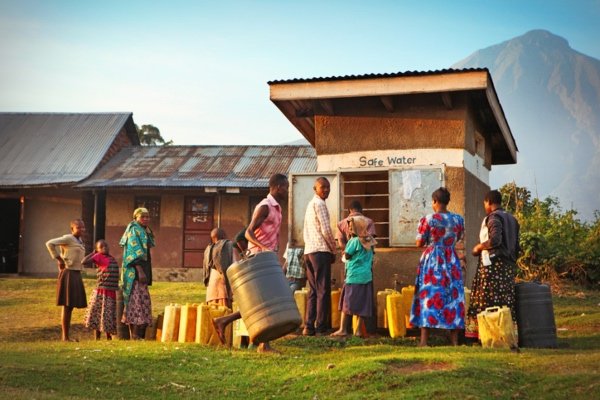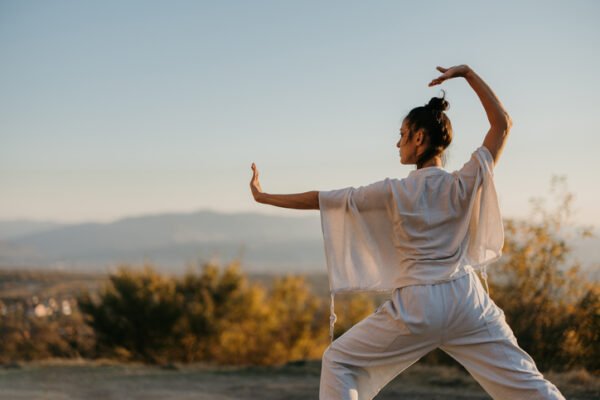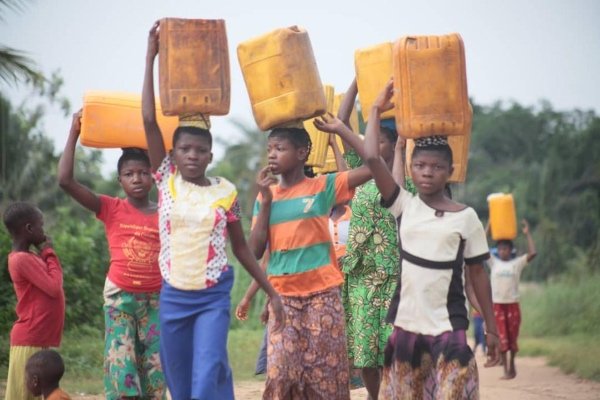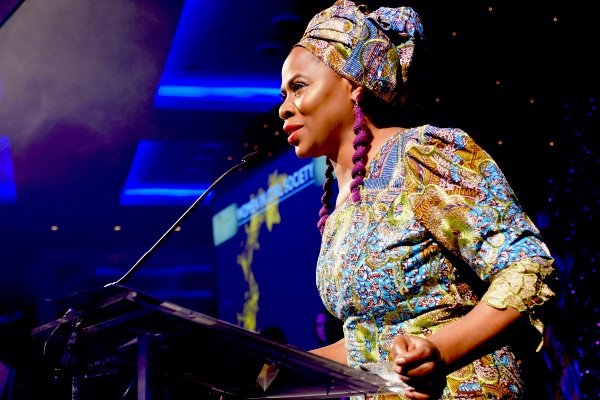A more feminine world
COPXX is a call for a new voice and a new – yet ancient – connection point for the planet. The decision-making currently governed by manmade laws has neither included nor valued our connection with nature and the feminine.
In the words of Boris Johnson at the opening of the G7, we need to build back in a ‘more feminine’ way. Whether those words were spoken with a much deeper understanding of the fundamental shift that is required is unknown, but they represent the most important call for humanity as we restore ourselves and our planet.
We need to value as a source of power and wisdom the keepers of life, the feminine principles in us all and the indigenous people who revere future generations and protect over 80% of the world’s biodiversity, which is a beautiful machine that works in perfect balance.
Their knowledge and power are some of the greatest untapped resources we have on this planet, and we must learn to listen to them with an open heart and an open mind.
From exploitation to restoration
Looking at the rise of violence against women and the extraction from and exploitation of the planet, it is hard not to see the parallels of abuse and neglect between our planet and the feminine as key hindrances to climate change reversal.
We must recognise there is resilient power found in the feminine to regenerate and restore. It is time we let our leaders know that we care more about compassion, balance, harmony and love of nature than profit and consumption.
In building back better, we need a new agenda of equality that uses the multiplying power of Sustainable Development Goal (SDG) 5 – ‘Achieve gender equality and empower all women and girls’. This agenda should prioritise Mother Earth and drive the way businesses are run, the way laws are made and the way we design our lives.
In short we must transform our relationship with our planet from exploitation to restoration and regeneration.
We have much of the science and technology we need; we have drive and ambition and creativity and energy, and these can be powerful tools of connection between humankind to show more love, respect and gratitude for each other and for our planet.
Reflecting on my need for my mother and my own children’s need for me, I have come to realise that the relationship we have with our mother (or father) is often one of need. It is inherently unbalanced.
Our planet needs us now. Nature must be recognised as the unpaid resource we draw from when we buy, move, act, support or decide policy. As we take, we must give back – or we should give before we take, as indigenous cultures do.
 Play Video about This Rock Might Just Save The World
Play Video about This Rock Might Just Save The World Play Video about Play 2 hours of rock
Play Video about Play 2 hours of rock Play Video about Play 2 hours of brook
Play Video about Play 2 hours of brook Play Video about Play 2 hours of sheep
Play Video about Play 2 hours of sheep

















